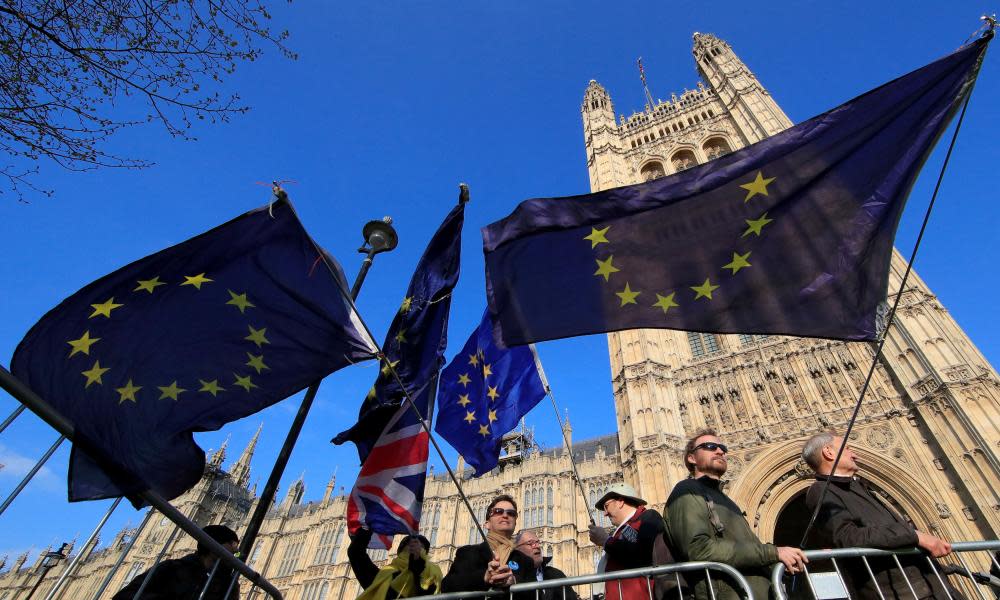75% of Brits want fake news to be made a crime says poll

The majority of people in the UK believe that fake news should be a crime, according to an Ipsos MORI poll.
The survey revealed that a huge 39 percent of citizens strongly agree that “it should be a criminal offence to spread fake news deliberately”.
Another 36 percent of people say that they tend to agree it should be illegal, 14 percent neither disagree or agree, nine percent disagree and two percent did not know.
Although ‘fake news’ was an unknown term a few years, it is now seen as a problem to our democracy and free debate.
The survey, also carried out by King’s College London, defined the term ‘fake news’ as “deliberately untrue information disguised as news stories with the intention of deceiving people”.

Roger Mortimore, Professor of Public Opinion and Political Analysis at King’s College London, said: ”In the month that the government published a white paper on stricter regulation of online companies to protect the public from harmful content, these findings should give everybody food for thought.
“The British public is worried about fake news, and sees no reason why it should be expected to tolerate it.
“If Parliament can find an effective way to ban the spreading of fake news, they can hope for support just as strong as they will get in their quest to block other online harms.”
Seven in ten people questioned said they were concerned about the impact of fake news on politics agreeing with the statement that they were “worried that fake news could influence the result of an election of referendum in Britain”.
Read More on Yahoo News
How to avoid falling for fake news about the Notre-Dame fire
Yahoo Poll: Will the proposed fake news law make you more careful about what you post and share?
In 2017, ‘fake news’ was named ‘word of the year’ as following the 2016 US presidential election, many people expressed concern about the number of false stories were circulating, particularly through social media.
The survey questioned 1,084 adults online between the ages of 16-75 in February.
It also revealed that Labour and Remain voters were most fearful of fake news and social media and online news sites are seen as the least trusted news sources.
Almost a third, 31%, agree that “Fake news is easy to spot, and should never fool you if you are careful”, but 36% disagree.

 Yahoo News
Yahoo News 
